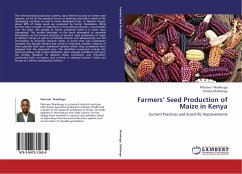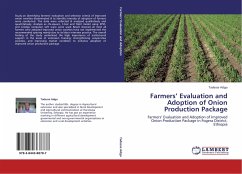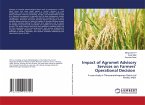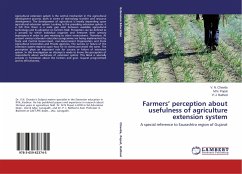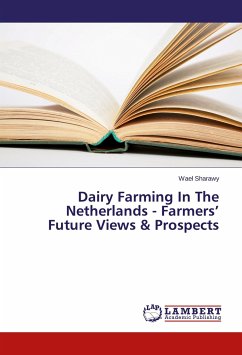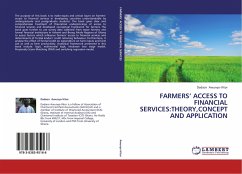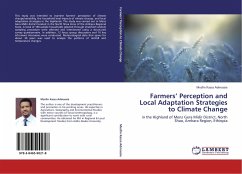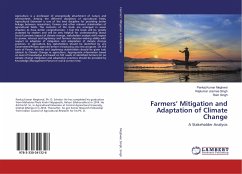The informal seed production systems, also referred as local or farmer seed systems, are by far the greatest source of planting materials in most of the developing countries as well as some developed ones. In Western Kenya, about 80% of maize seeds are produced by farmer themselves. While farmers have a wealth of experience in local seed production, accumulated over the years, the quality of farmer produced seeds is in some cases suboptimal. The studies described in this book attempted to assemble information on the current practices of farmers seed production of maize in Western Kenya as well as constraints therein and subsequently use this information to prioritize research needs. A survey that was undertaken revealed that though farmers had access to improved varieties, majority of them planted their own traditional varieties which they considered more adapted that the improved ones. The identified constraints include late seed harvesting, high striga infestation, poor storageconditions and poor soil fertility. Research to alleviate these constraints was thereafter conducted both on-station and on-farm in selected farmers fields and houses in a farmer participatory fashion.

